Earthly time may have gone
Earthly time may have gone
Over and well
You wished it well
Formed in 2015 in Geneva, Switzerland, Raskolnikov has always been more than a name lifted from Dostoyevsky’s Crime and Punishment. The Russian word raskol (meaning “schism”) carries their manifesto: to fracture conventions, to stand at the split between reason and madness, and to live in the breach. For a decade, they’ve traversed the terrain where coldwave’s chill collides with post-punk’s pulse and shoegaze’s dense guitar swells.
This summer, the Franco-Spanish-Swiss quartet marks ten years with Stockholm, an eight-track release arriving barely six months after Gorgon’Zola. It’s equal parts reflection and forward stride: five earlier pieces, now Stockholm I through V, rebuilt and sharpened, joined by three newcomers (VI, VII, VIII).
Stockholm, as five of their already released songs, evokes a city of distant memories, symbol of coldness, and despite it all, strength, beauty, appeasement, and maybe struggles for the band’s spirit, Mathieu. That mix of remoteness and resolve threads through the album’s core.
Pablo Garrido and Julien Larrochelle on guitars, Jérôme Blum on drums, and Mathieu Pawełski-Szpiechowycz on bass and vocals give the material a taut, refined energy. Guitars spiral, bass lines stay deliberate, and lyrics, delivered in English, French, and Russian—merge Baudelaire’s languor with Dostoyevsky’s moral weight, yet remain deeply personal. The cover, Corot’s Orphée, ramenant Eurydice des Enfers, frames it as a meditation on loss. Orpheus reaches the Underworld, soothes Cerberus, wins Hades, and still fails. His body ends scattered on the shore. Like its namesake, Stockholm holds beauty even while letting go.
The record opens with Stockholm I, its expansive guitar work shaped into a slow rock ballad, somewhere between INXS’s smoky sway, Interpol’s droll delivery and Bauhaus’s spectral bite. Stockholm II follows with the sleek snap of Interpol fused to the gleam of New Order, a tension between motion and restraint. On Stockholm III, the pace drops as barked vocals rise above soaring guitars and a placid bassline, carrying a shoegaze-streaked weight.
Stockholm IV shifts toward earnest urgency, its delivery evoking Midnight Oil’s impassioned edge, before Stockholm V brings a more ritualistic cadence, chanting vocals under guitars that glint with Echo and the Bunnymen’s melodic shimmer, tinged again with Bauhaus’s shadowed hues.
The final arc belongs to the new works. Stockholm VI leans deep into intensity, its lyrical pathos drawing out the ache behind every note. Stockholm VII lifts upward with a more panoramic sweep, recalling the grandeur of Clan of Xymox. Closing the album, Stockholm VIII feels like a farewell to earthly confines, charting a whimsical yet deliberate ascent toward celestial heights. The repeated vision of “great heights” conveys transcendence, connection, and a permanent place beneath an endless sky.
Mixing took place at Studio Young and Cold in Augsburg with Daniel Hallhuber (Bleib Modern, Rue Oberkampf), mastering in Brooklyn by Josh Bonati (The Soft Moon, Slowdive). The result is crisp but unvarnished, the edges intact.
In ten years, they’ve released three studio albums, a live LP, and sold through each pressing. Tours have carried them across Europe, through lineup changes and long nights. Stockholm feels like the hinge between chapters; the culmination of what’s come before and a quiet nod toward what’s next. It’s not a grand reinvention, but a refining fire: Raskolnikov stepping back into the world they’ve built, knowing it well enough now to bend it.
Listen to Stockholm below and purchase the album here, out now via Icy Cold Records.
Watch Raskolnikov perform a live set in Geneva at La Mine below:
Follow Raskolnikov:

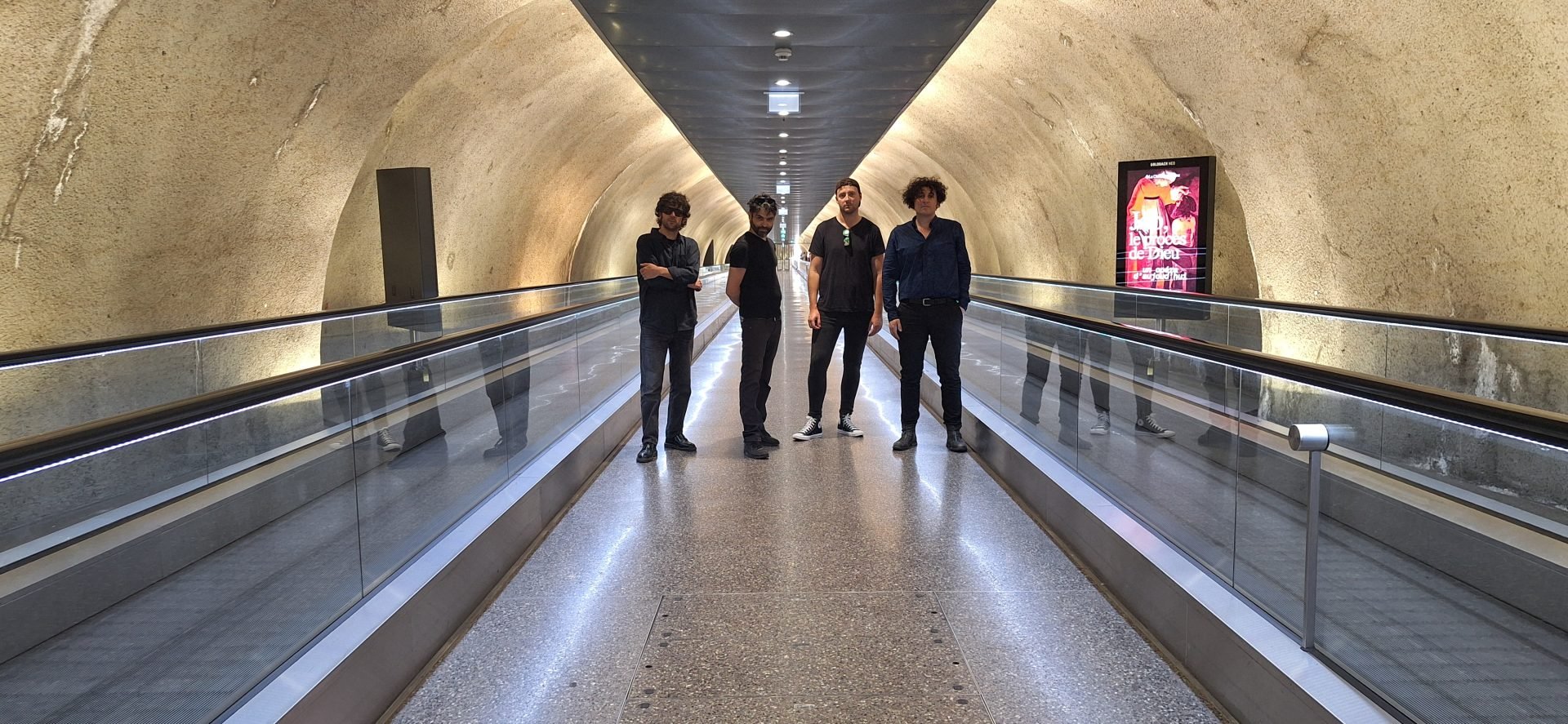

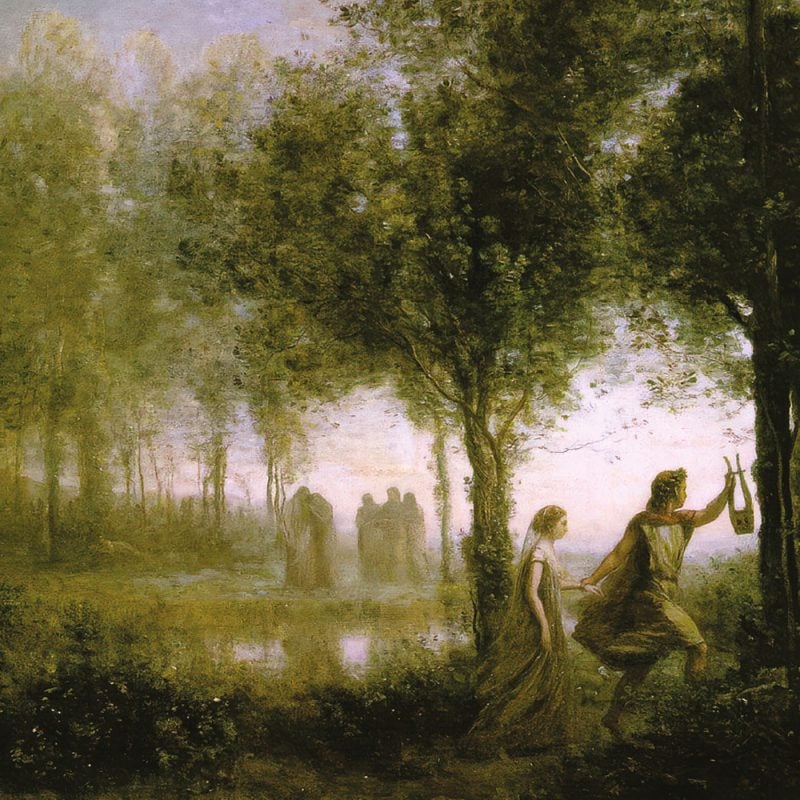

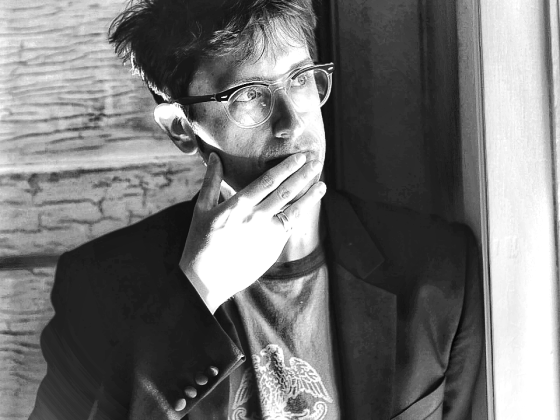

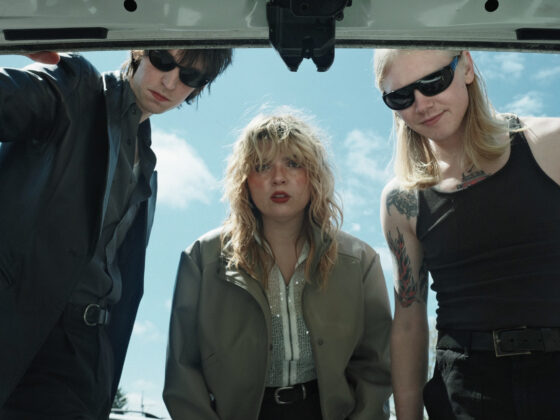
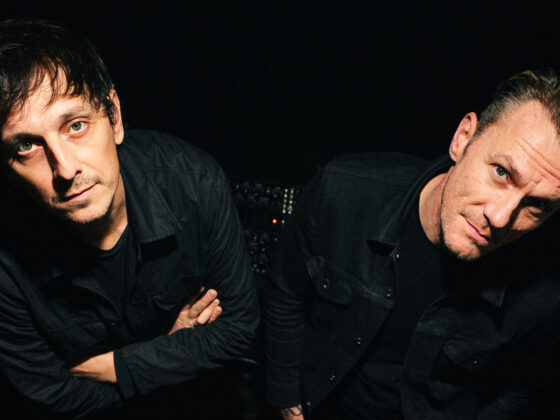
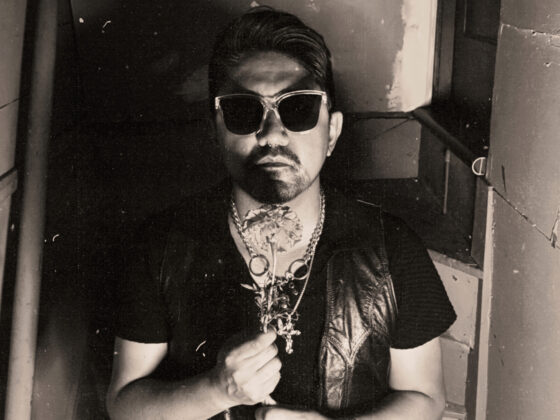
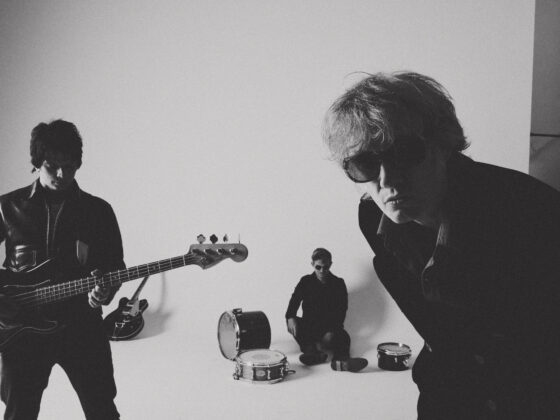
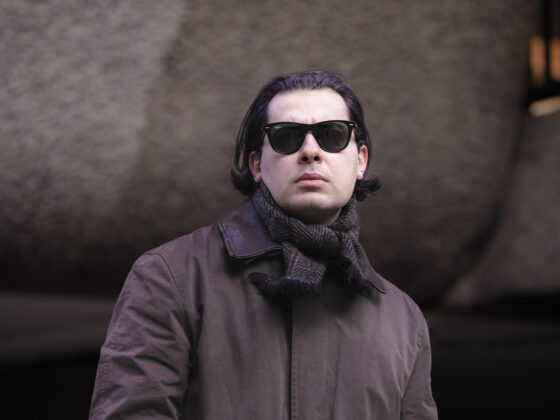

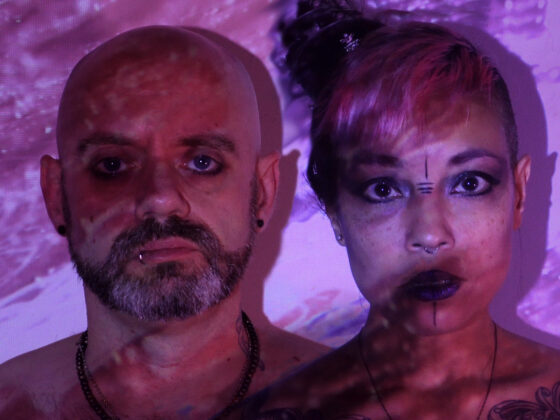
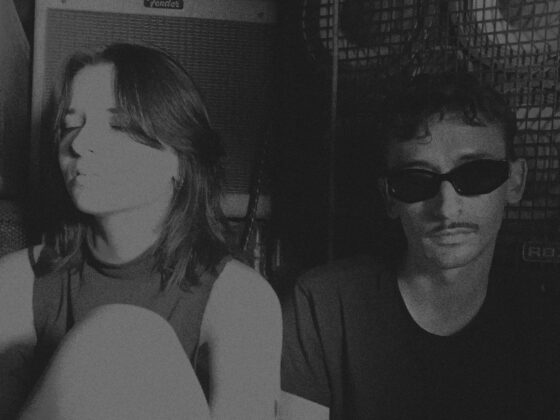

 Or via:
Or via: